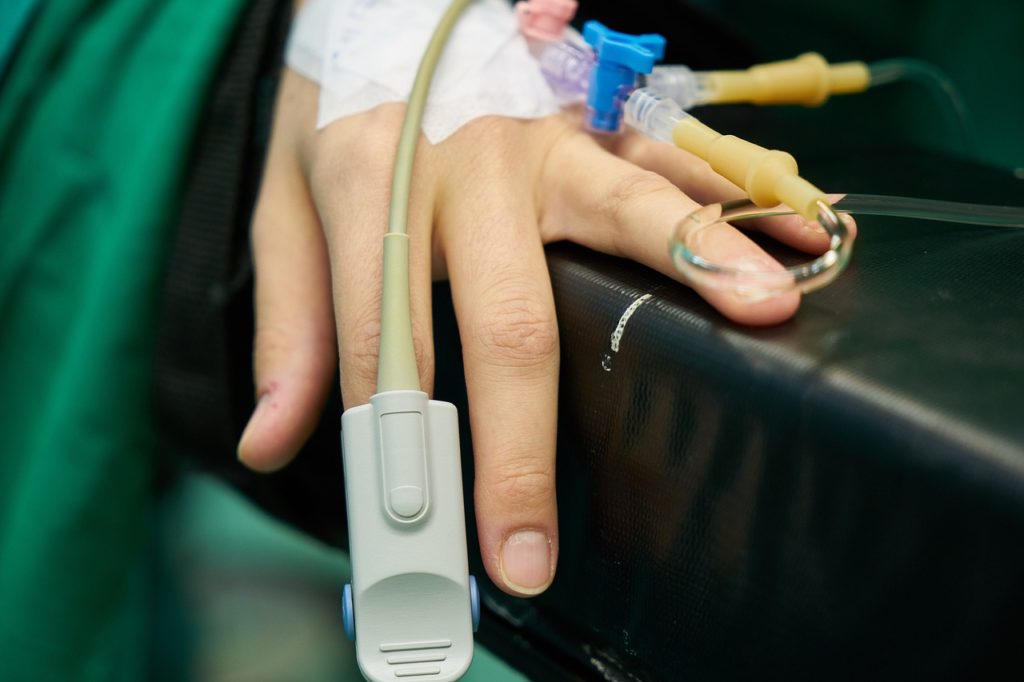A recent case reviewed by AppriseMD showed a good example of how a case that on the surface appears inpatient appropriate can still be denied by the insurance company and overturned on peer-to-peer (P2P). Oftentimes a level-headed conversation with the insurance company will lead to the correct outcome.
The case involved a drug overdose and attempted suicide but was denied as an inpatient level of care initially. Our Case Review Physicians deemed it worth a P2P attempt and were able to have the denial overturned.
CLINICAL SUMMARY: Suicidal Ideation
A 47-year-old patient was admitted for an intentional drug overdose, suicidal ideation, anxiety depression and alcohol abuse. Past medical history showed the patient suffered from bipolar disorder, anxiety depression panic attacks. The ER report stated the patient arrived via EMS after taking one bottle of benzodiazepines along with alcohol but was alert. The patient was admitted to a step-down unit with 1-on-1 sitter for suicidal and seizure precautions.
 DENIED INPATIENT STAY
DENIED INPATIENT STAY
The insurance denial for the hospital was based on a diagnosis of hypokalemia, suicide ideation, electrocardiogram and poisoning by drugs but did not show the need for care at a higher level based on Centene Short Inpatient Hospital stay Clinical Policy.
 PEER-TO-PEER DISCUSSION
PEER-TO-PEER DISCUSSION
After reviewing the case for a hospital client, AppriseMD determined the case was a valid suicide attempt based on available documentation and was worth a P2P attempt to reverse the denial.
A Peer-to-Peer discussion was completed. The payor initially upheld the denial, but AppriseMD’s Case Review Physician was able to finally overturn based on the continued mild hypokalemia with long QTC and the need for continued 1:1 sitter. This is an example of how a calm and professional P2P can lead to the appropriate level of care.
OUTCOME: DENIAL OVERTURNED

